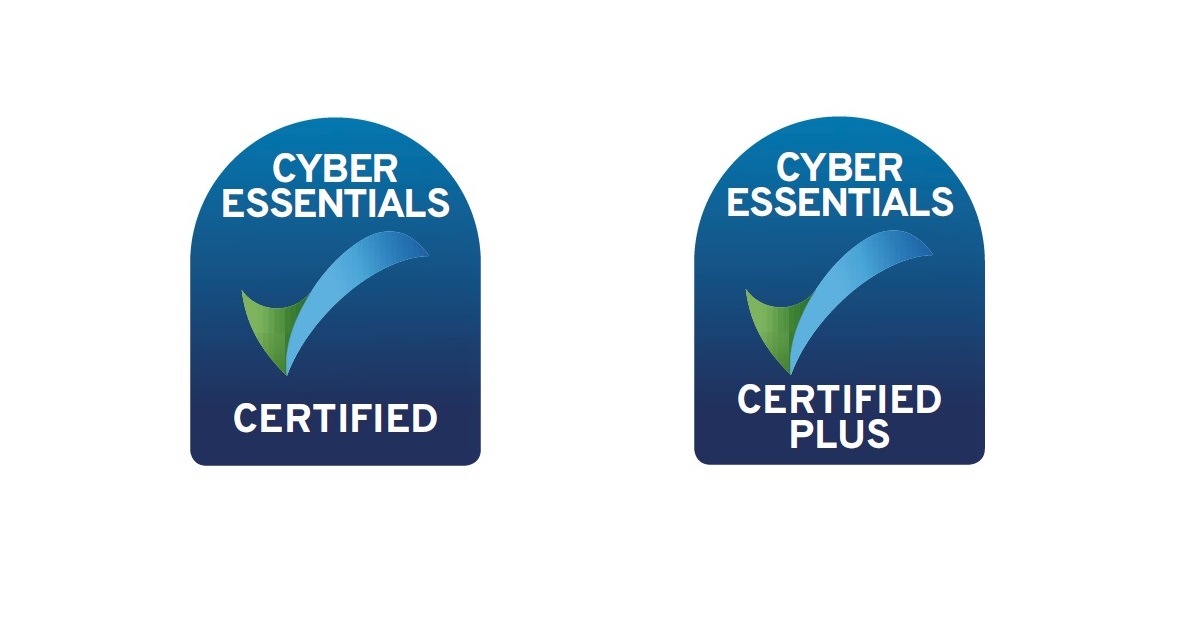Among the Cyber Security industry, two terms often perplex individuals and organisations alike: "Cyber Essentials" and "Penetration test". If you're seeking clarity on how these concepts differ, we will weigh out what Cyber Essentials offers and how it distinguishes itself from a penetration test.
Understanding Cyber Essentials
Cyber Essentials is a cybersecurity certification program devised by the National Cyber Security Center (NCSC) in the UK. It serves as a structured framework for organisations aiming to bolster their cybersecurity defenses. Within the Cyber Essentials program, two primary certification tiers exist: Cyber Essentials and Cyber Essentials Plus.
1. Cyber Essentials: This tier resembles a self-certification process, offering accessibility to organisations with varying sizes and budgets. It constitutes a fundamental evaluation of cybersecurity practices.
2. Cyber Essentials Plus: This advanced level involves a thorough audit of an organisation's cybersecurity measures, with an emphasis on thorough scrutiny.

Key Aspects of Cyber Essentials
-
External IP Addresses: Assesses the security of external IP addresses to prevent vulnerabilities.
-
Internal Device Security: Evaluates internal device protection, reflecting the organisation's security level.
-
Firewalls: Checks firewall configurations to ensure they effectively block unauthorized access.
-
Multi-Factor Authentication (MFA): Examines MFA use to enhance system access security.
-
Secure Configuration: Reviews system settings against security standards to minimize risks.
-
Patch Management: Focuses on updating software and systems to fix vulnerabilities.
-
Malware Protection: Looks at anti-malware measures to protect against malicious software.
Why Opt for Cyber Essentials?
Cyber Essentials presents several compelling advantages, rendering it an attractive choice for numerous organisations:
💸Cost-Efficiency: Cyber Essentials delivers an effective balance between cost and cybersecurity enhancement, making it a financially viable option. You are looking at a figure between £1000-£2000.
👐A Penetration Test Alternative : It resembles thorough cybersecurity assessments, including both internal and external evaluations. External tests generally range from £1,000 to £4,500, and more advanced assessments could potentially cost between £10,000 and £20,000. Customised tests are recommended for organisations with unique regulatory needs or proprietary software/SaaS platforms.
🎖️Certification for Clients: It furnishes a certification that demonstrates your dedication to cybersecurity, instilling confidence in clients and partners.
📍Benchmarking: Cyber Essentials establishes a cybersecurity benchmark for your organisation, enabling you to gauge progress and identify areas necessitating improvement.
💪Regulatory Alignment: It can aid in creating a cybersecurity yardstick for you and your team to align with Cyber Essentials requirements, shaping your mindset and establishing a solid foundation for security efforts.
Distinguishing Cyber Essentials from a Penetration Test
Now, let's address the central query: how does Cyber Essentials differ from a penetration test, steering clear of the obvious focus on vulnerability assessment?
🔭Scope: Cyber Essentials boasts a thorough scope that encompasses external IP addresses, internal device security, MFA, and configuration, along with vulnerability assessment. Conversely, a Penetration Test primarily focusses on uncovering weaknesses and vulnerabilities in your systems and actually tries to gain access (sometimes).
| Cyber Essentials |
Penetration Test (can also include) |
Baseline Security Controls
External Network Perimeter
Secure Configuration
Access Control
Malware Protection
Patch Management |
Application Testing
Social Engineering
Physical Security
Wireless Network Testing |
💰Cost: Cyber Essentials is notably more cost-effective than a full-scale penetration test, making it a pragmatic choice for budget-conscious organisations.
⌛Frequency: Cyber Essentials is typically conducted periodically, while penetration tests tend to occur less frequently, often on an as-needed basis.
📜Certification: Cyber Essentials culminates in a formal certification that attests to your commitment to cybersecurity. In contrast, penetration tests furnish detailed findings but do not yield a certification.
In Summary...
Cyber Essentials is a cost-effective way to improve your organisation's cybersecurity, making it an ideal starting point for beginners or those with budget constraints. However, for specific regulatory needs or extensive testing, a penetration test may be necessary.
The main difference is that Cyber Essentials is a foundational certification, while a penetration test simulates real hacker attacks and is more expensive. Consult your Cyber Essentials Plus assessor to decide if a full penetration test is required.
Any Questions?
You can send us an email at hello@roboshadow.com. Additionally, for our current users, there's a convenient 'Support' option within the RoboShadow console, ensuring you get timely and effective responses. We're here to help and ensure your experience with RoboShadow is seamless and beneficial.


